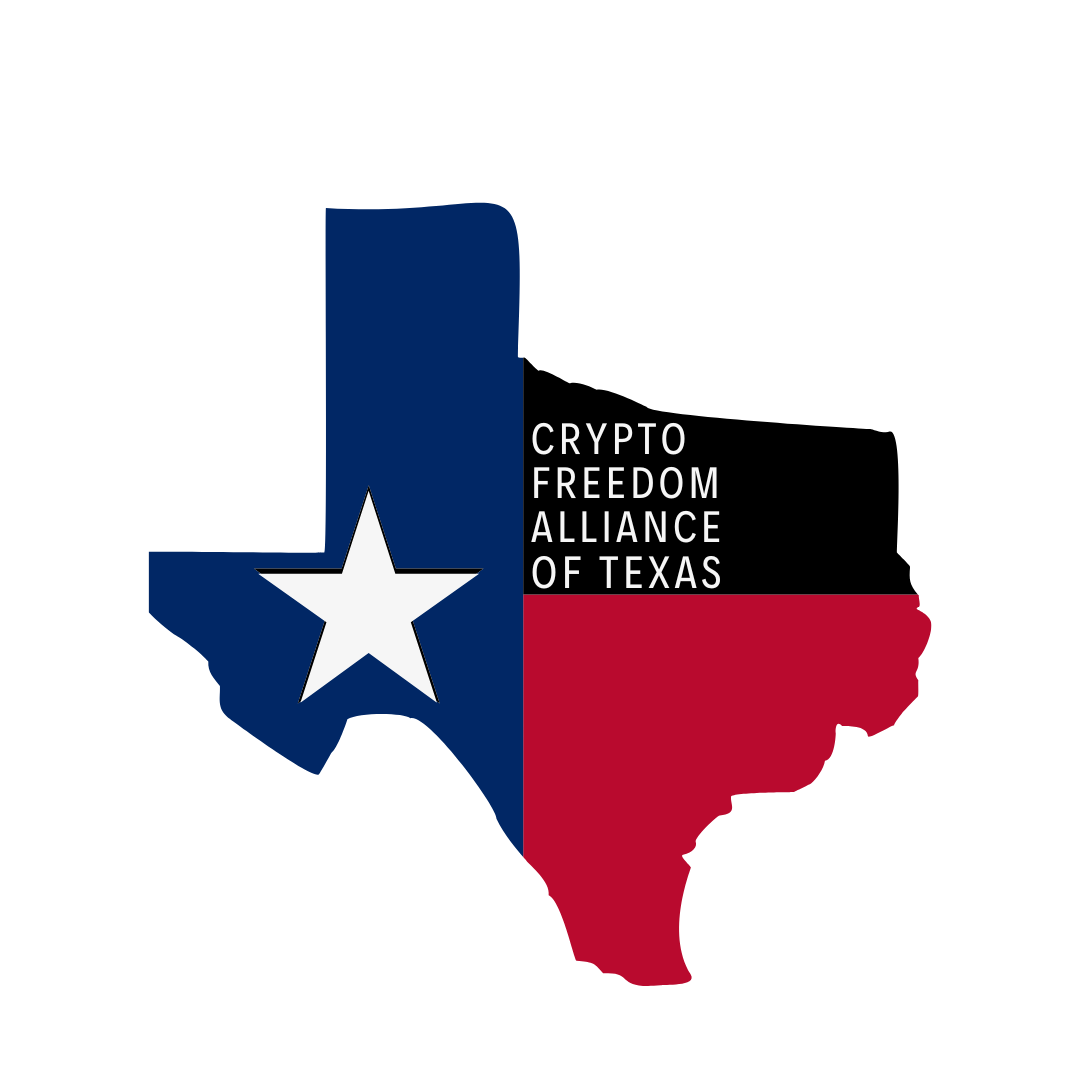Why We Challenged the SEC in Court
The Crypto Freedom Alliance of Texas (“CFAT”) was founded on a bold but simple vision – that Texas can lead the way in the digital asset revolution. We believe that digital assets will transform the way we live, work, and play. We also recognize that fully realizing the potential of digital assets will require thoughtful partnership between industry, regulators, and the general public.
Unfortunately, instead of cooperation, CFAT members have watched with alarm as the Securities and Exchange Commission (SEC) unilaterally embarked on a campaign of unlawful enforcement actions. The aggressive regulatory tactics jeopardize entrepreneurs’ livelihoods and threaten the United States’ leadership in the digital asset sector.
CFAT cannot afford to sit idly by as the SEC takes aim at American innovators and job creators. That is why on February 21, 2024, we teamed up with member company LEJILEX to file a pre-enforcement court challenge against the SEC. The legal challenge represents a watershed moment for the digital asset industry. Instead of living in constant fear of an SEC enforcement action, CFAT and LEJILEX are proactively asking a federal court to provide clarity on a critical regulatory question: Should secondary-market sales of digital assets be treated as sales of securities?
The answer to that question is fundamental to the business model of LEJILEX, an emerging digital asset trading firm that plans to facilitate secondary-market sales through its Legit.Exchange platform. The team at LEJILEX should be focused on building the best product and launching a successful start-up venture. Instead, their go-to-market strategy is clouded in uncertainty.
In the case of digital assets, the SEC is choosing to assert broad authority over what counts as a “security” according to federal law. The official designation changes how a company is regulated and the compliance measures it must implement in operations. The SEC often chooses not to assert broad federal authority on secondary-market sales. The agency does not bring securities violations against consumers who resell baseball trading cards or Air Jordan shoes. But in the world of digital assets, the SEC behaves differently.
It is no secret that the SEC has continuously and aggressively attempted to regulate the emerging digital asset industry through ad-hoc enforcement actions. Congress never granted the SEC authority for these enforcement actions, a fact acknowledged by several SEC Commissioners. U.S. companies and entrepreneurs have requested legal guidance and clarity on a regulatory framework, but these requests have been ignored by the federal government. As a result, CFAT members like LEJILEX cannot operate without fear of being subject to SEC enforcement actions — leaving law-abiding individuals in an unsustainable state of uncertainty, unable to leverage a transformational technology to scale their businesses and support their families. If the SEC continues its campaign of regulation-by-enforcement, the best and brightest entrepreneurs will have no choice but to build the future of the trillion-dollar digital asset industry outside of the United States.
So what comes next? For the moment, we’re waiting for the SEC to respond to the pre-enforcement challenge field in court. The SEC’s response will set the legal case in motion at the United States District Court. The outcomes will ultimately be determined by the SEC’s position and the judgment of the United States District Court. We’ll be updating this site with all the latest details, so be sure to check back frequently.
As a nonprofit trade association that advocates for the responsible development of digital asset policy, we care deeply about the future of the industry and American technological innovation. We will not sit idly by as the SEC continues to utilize overreaching enforcement actions that undermine the digital asset industry. Filing this complaint is a necessary and progressive step in halting the SEC’s use of rogue enforcement, and aims to ensure that the most important technologies of the future are built in America and are consistent with American values.
